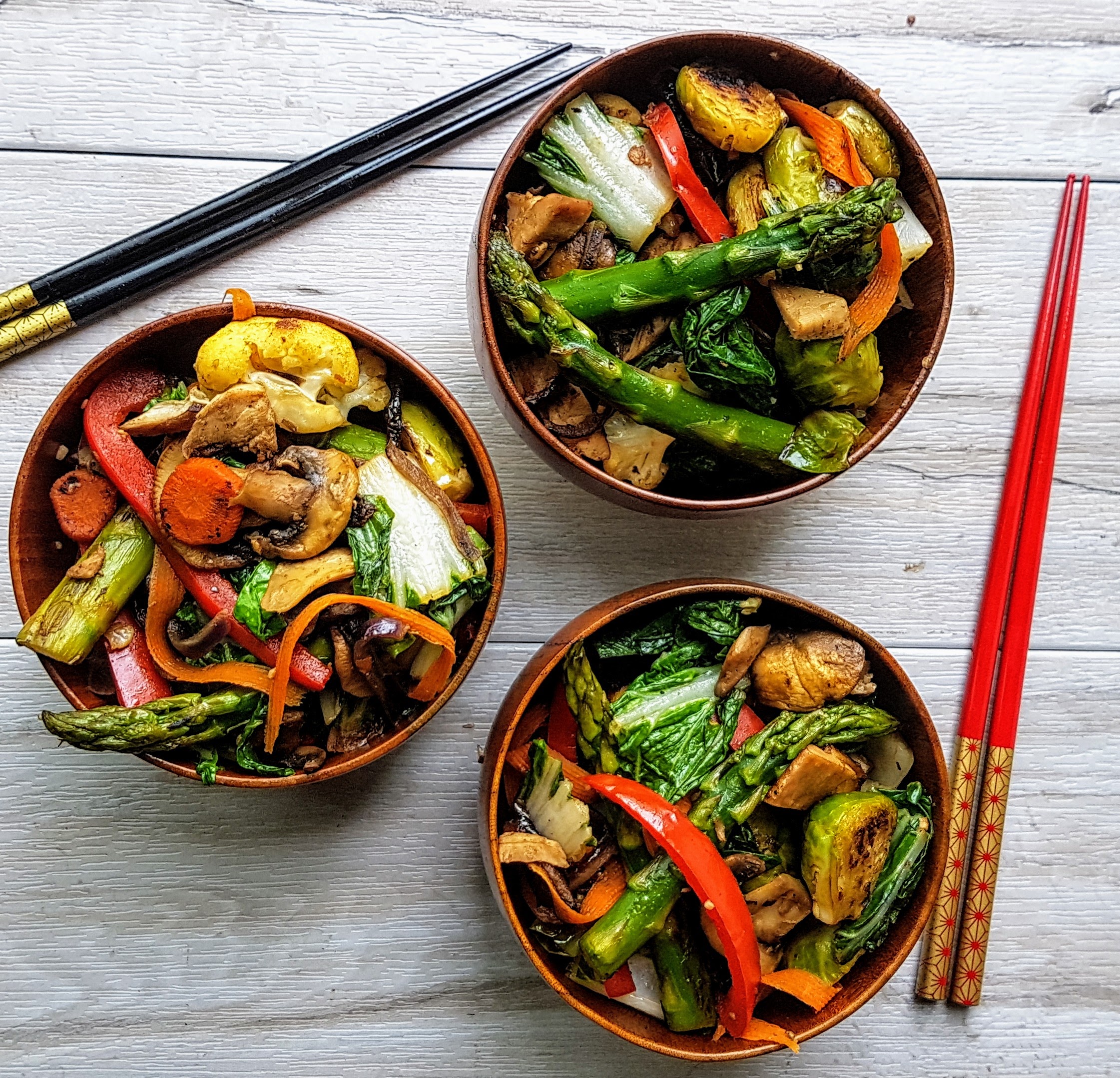
“You cannot cheat with food. You eat food.” – Robb Wolf
When I read those words I had one of those a-ha moments because for as long as I have been talking to people about food and what they should and should not eat, it drives me crazy every time I hear someone say “I cheated” or “you’re cheating.” It’s food. You can’t “cheat” on food.
Ten years ago, I woke up one morning and came to the realization that I was so tired I was actually too tired to be tired. It wasn’t because I didn’t get enough sleep the night before (although based on what I know now I probably wasn’t getting as much as I should have or the best quality, but that’s a story for another day). So why was I, a 40-year-old relatively active woman, dragging my butt around day after day feeling more like someone at least twice my age? (No offense to some 80-year-olds out there who would still run circles around me.) Granted, I had some minor health issues through the years but nothing chronic or debilitating. I decided then and there that it was time to get to the bottom of this once and for all.
Off to the doctor I went. I explained to him how I was feeling; lethargic, trouble concentrating for any length of time and always feeling bloated no matter what I ate. I also told him that based on my scientific research (Google) I was certain that I had Celiac. Or maybe Crohn’s. Obviously I had some sort of condition that required some serious medical intervention. He sat there and listened intently to what I was saying, all the while making notes in my chart. When I was finished with my diagnosis (I’m sure he was thinking “Well, you’ve got it all figured out, what was the point of coming to see me?”) he showed me what he wrote down: FOOD. Huh? I was pretty sure I had this eating thing down to an art: ate all the major food groups every day, ate three a day and some days I even had a snack or two in between. But he was sure that something I was eating was causing me my troubles and at the end of our conversation we decided that he wasn’t the best person to help me with this, but he pointed me in the right direction and left me with one last thought: “Always start with food.” He suggested I keep a food journal for a few weeks and then stop eating certain foods for a period of time to determine what was causing my problems. So a few years later (have I mentioned I’m a late adopter?) I did what he recommended but instead of just winging it I started to do a little research on food and how, from a scientific point of view, it affects our health and ultimately our well-being. And down the rabbit hole I went.
This is what I’ve come to know over the past seven years of studying diet and nutrition: it always comes back to food. You can take all the vitamins and supplements you want, you can work out in the gym for 3 hours a day, you can get vitamin cocktail injections, and you can drink all the protein powder you can stomach. You can do all of those things but the fact of the matter is if you don’t figure out what foods you need to eat to give you the best nutritional support, nothing will really change.
Now before you jump in both feet first (which is a great attitude that will go a long way when it comes to making a change, so keep it in your back pocket) here are a few things to consider:
- We are all unique individuals, especially when it comes to diet and nutrition. What works for me might not be exactly what will work for you. Don’t go into this with a one-size-fits-all attitude. For instance, I can’t eat grains. I know this for a fact. I’ve even gone so far as to do a 7-day carb test to prove it to myself (even though looking like I’m 8 months pregnant after eating a slice of bread, some rice or beans should be proof enough).
- This is going to take some mental toughness but I’m certain you’ve got it in you. We all do. Sometimes you just need to remind yourself of that.
- Your family and friends may rail against you when they find out what you are up to. Remember, change is scary, especially when it goes against what they/you have been told for years.
- Diet (food) does not equal dogma. Don’t get all fanatical about what you eat. But at the same time be responsible for your choices. Don’t feel guilty if you eat something you “shouldn’t”. Be accountable.
- The USDA My Plate (food guide) guideline still needs some fine tuning; use it sparingly.
- Stop counting calories. If you focus on getting your calories from nutrient-dense food you won’t need to.
- Refined carbs, oils and sugars are probably causing you a lot of problems so t not eating foods that contain any of those is a good place to start.
One last thing: no matter what you read or what anyone tells you, sugar is not a food group and should be eliminated from your diet completely. I’m talking white refined sugar, brown sugar, cane juice, corn syrup, high-fructose corn syrup, etc. Just say not to sugar.
So, if you have some extra weight that you are tired of carrying around or you are sick and tired of being sick and tired, or you just know deep down in your gut that you can feel so much better than you do, here’s what I suggest you do: change your food.
Leave a Reply